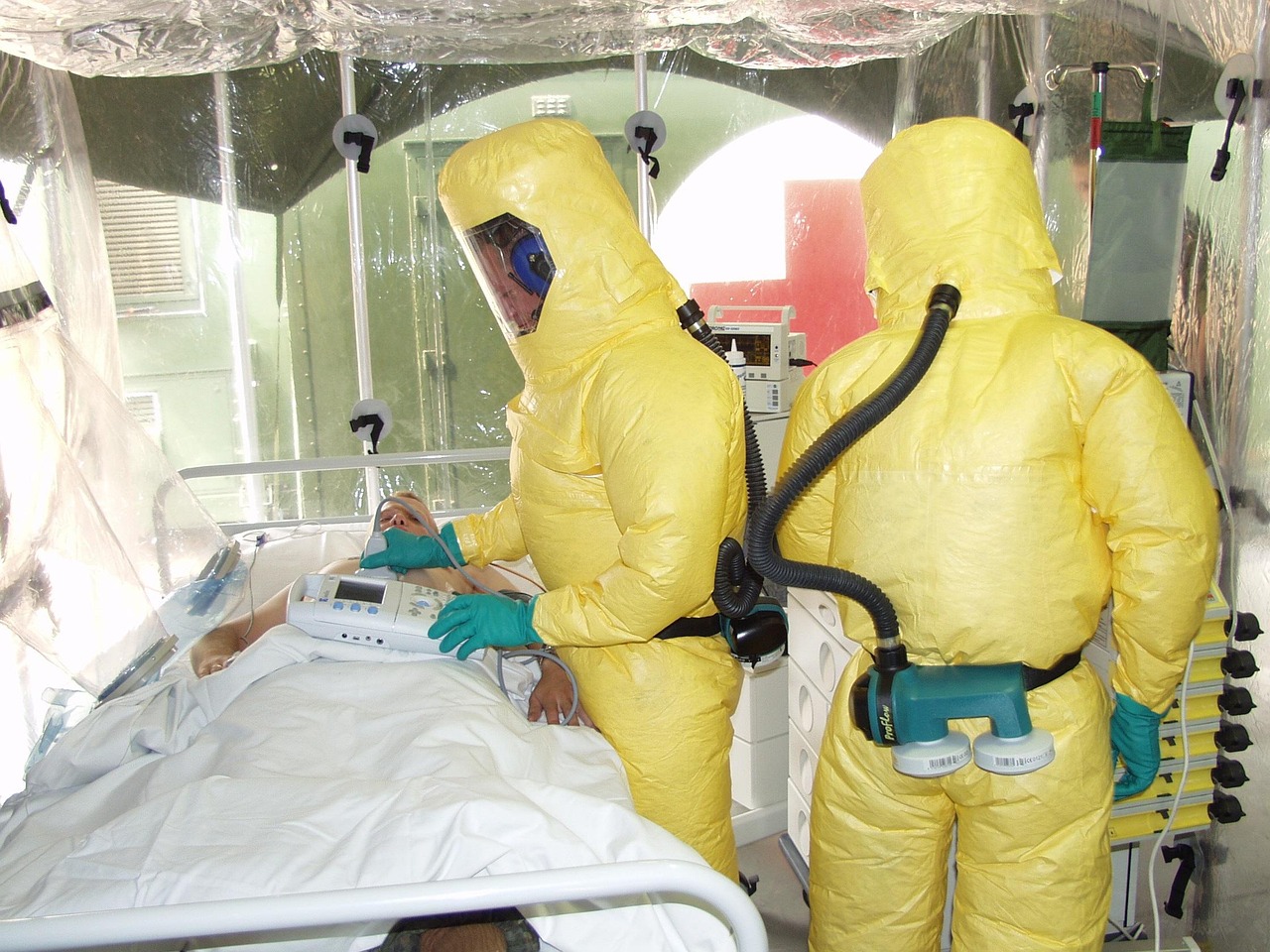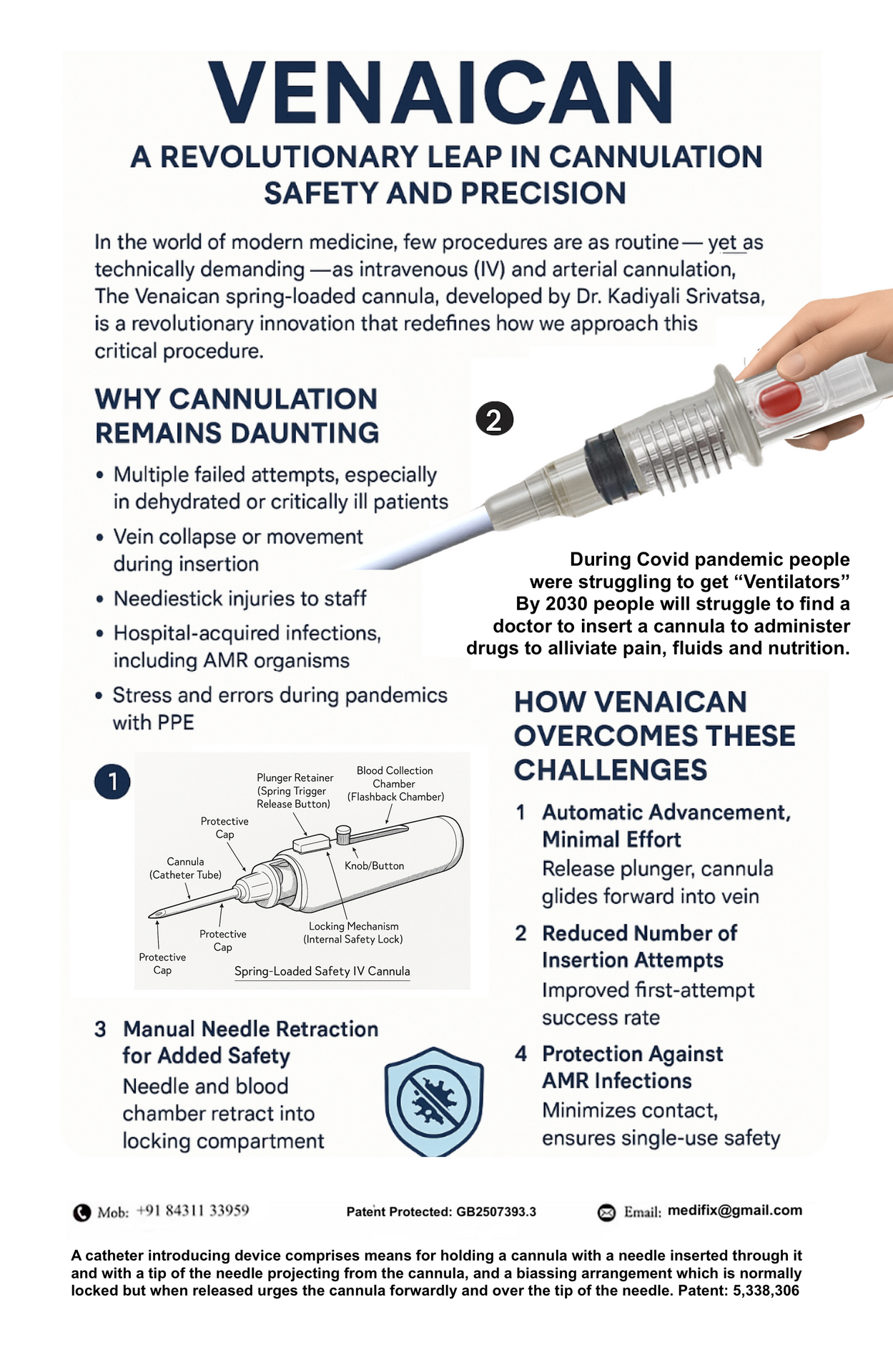In 1990s I associated spreading MRSA in paediatric neonatal and critical care. It was not possible to make sure nurses and doctors follow strict aseptic technique. I tested my hypotesis and created the first "Spring-loaded Cannula Introducing Device "Venaican"
Antimicrobial resistance is a significant concern in pastoral settings, particularly in LMICs where overuse and misuse of antimicrobials in animal production, poor animal husbandry practices, and inadequate public health facilities have contributed significantly to the emergence and spread of antimicrobial-resistant pathogens
Modern medical care is heavily dependent on a reliable and safe vascular access. Intravascular devices by providing a stable access have revolutionised the critical care. These devices, however, are also associated with a significant potential for producing iatrogenic diseases resulting in catheter-related bacteraemia or candidemia
AMR puts many of the gains of modern medicine at risk. It makes infections harder to treat and makes other medical procedures and treatments – such as surgery, caesarean sections and cancer chemotherapy – much riskier.The world faces an antibiotics pipeline and access crisis.
Person-to-person
during activities like handshaking, working out, having sex or going to
school. Between
people and animals, including pets and petting zoos.
Some
germs may be common in certain parts of the world, but less common in
others. When people travel internationally, they can get infections from
other people, animals, contaminated food or water or through receiving
medical care in hospitals, and healthcare centers.

Doctors dressed like this sitting with infected adult or child trying to insert cannula Venaican can be daunting. It is very difficult to cannulate patients who are dehydrate, in septic shock and critically illl with serious skin infections. Doctors cannot stay in this PPE for more than 15 minutes, and so 'Venaican is our Gift to Doctors" who risk their life to save others during future pandemics.
learn more
Reduce Cannula Wastage by 33%: Every failed attempt leads to a wasted cannula, more staff time, and increased patient distress. By reducing failed attempts, Venaican saves moe than 1 in 3 cannulae, lowering procurement costs dramatically. Cut Iatrogenic Costs: Complications from multiple cannulation attempts, such as phlebitis, extravasation, and infections, not only increase patient stay but also result in non-reimbursed medical costs. Venaican can minimise these events, saving up to ₹15,000–₹1,50,000 ($200–$2,000) per patient in insurance losses.
learn moreVenaican simplifies the process, enhancing success rates and reducing risks significantly for users.
FREE : EBook all about Cannulation and Cathterisation